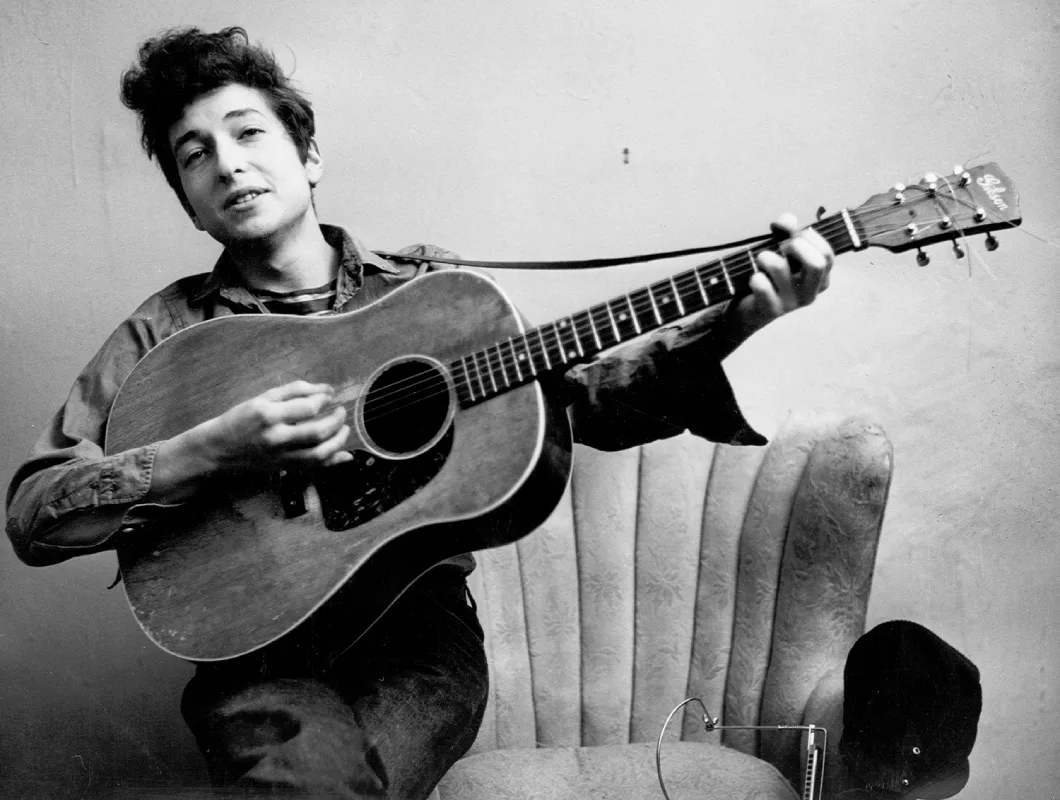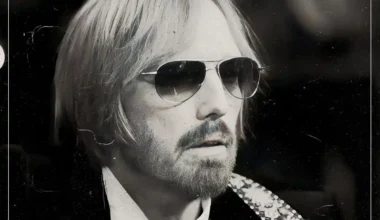Artists draw inspiration from a variety of sources, each of which leaves its imprint on their creative expression. Many musicians find inspiration in the genres they pursue or the instruments they use. But Bob Dylan is unique. His influence goes beyond mere musical preferences. It provides people with more than just a genre. But also a topic for conversation, a new way of thinking, and a unique approach to creating music. The allure of Dylan’s influence reached far and wide. It captivated people from all over the world and even iconic figures like Frank Zappa were swept up in the cultural phenomenon.
Bob Dylan’s ability to highlight societal injustices while remaining poetic and concise was a shining light for many musicians. “Bob Dylan is the father of my country,” said Bruce Springsteen, one of music’s most influential songwriters and performers. Zappa admired Dylan so much that he almost quit playing music before he had even begun. It was because Dylan had essentially finished it.
“When I heard ‘Like a Rolling Stone,’ I wanted to leave the music business,” Zappa explained. It’s because I felt [that] if this wins and does what it’s supposed to do, I don’t need to do anything else… But it had no effect. It sold, but nobody responded to it in the way that they should have.”
In two ways, ‘Like a Rolling Stone’ influenced Zappa. For starters, it inspired him to create more political and observational music. He wrote about the world around him, and it was no doubt Dylan’s influence that inspired him to do so. On the other hand, the reaction to ‘Like a Rolling Stone’ made Zappa believe he was fighting a losing battle. So he experimented with his sound more. And it granted him poetic license to be as unique as his mind would allow.
To summarize, Frank Zappa, like many other musicians, would not exist without Bob Dylan. But that doesn’t mean Zappa unquestioningly loved everything the musician released. Quite the opposite, as one of Dylan’s later releases rubbed the musician the wrong way.
Zappa believed Dylan began to drift away from his responsibilities. He began to embody what he disliked about America: commercialism… and cowboys. According to Nigey Lennon, “he had an instinctive hatred of almost everything America, especially cowboys.”
“Art is moving closer to commercialism,” Zappa said in response. And the two shall never meet.” As a result, when Dylan released Blonde on Blonde. Zappa’s subsequent disapproval would have had less to do with the actual sound of the album. And it had more to do with Dylan’s previous inspiration for Zappa steadily dwindling.
“Highway 61Revisited was good,” Zappa said. “But then we got Blonde on Blonde, and it started sounding like cowboy music.” You know how I feel about cowboy music.”
Dylan laid the groundwork for his abandonment when he became iconic and connected with so many people. He wrote in a way that spoke to people on levels deeper than the surface. It was with fans interpreting what his songs meant to them on a personal level rather than simply listening to what Dylan was saying. As a result, when he released anything that didn’t align with that personal meaning, it was easy for fans to disconnect. This seems to be what happened with Zappa, given how difficult it is to call Blond on Blonde a country album.








